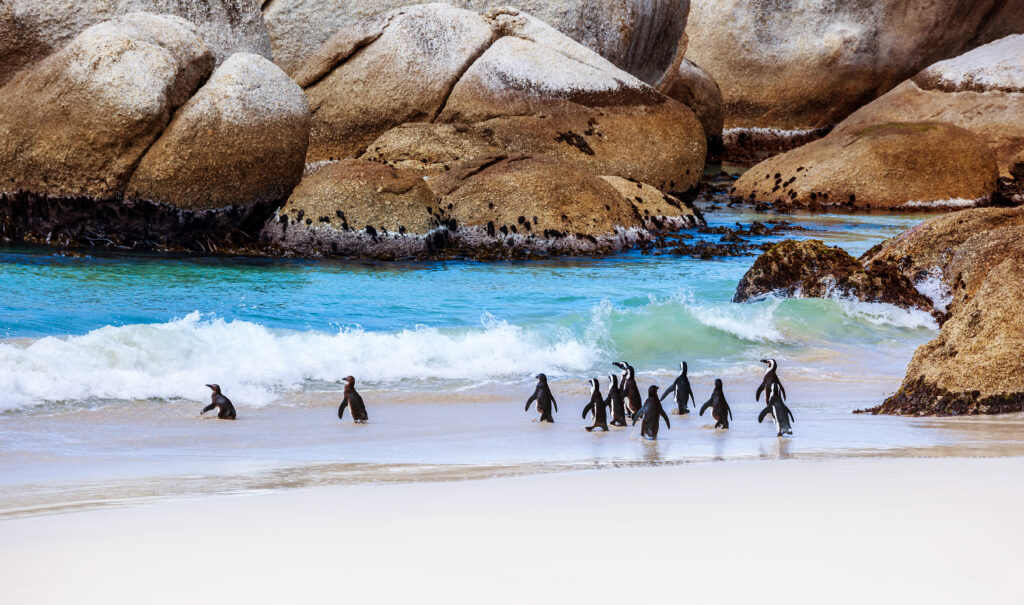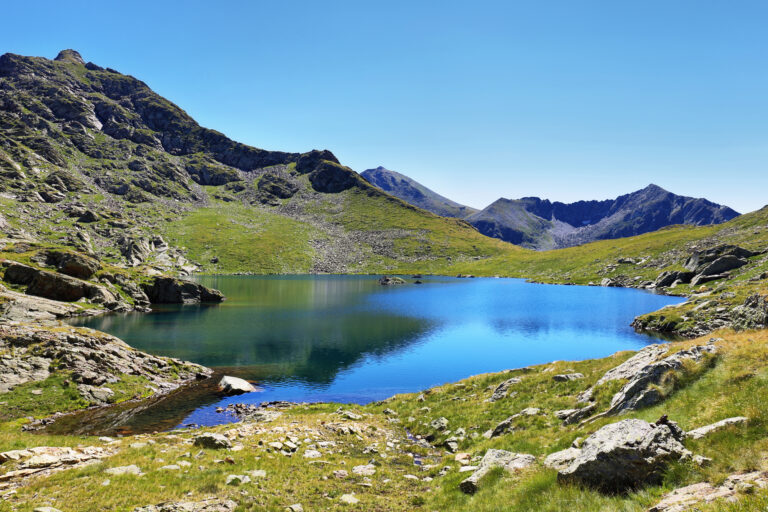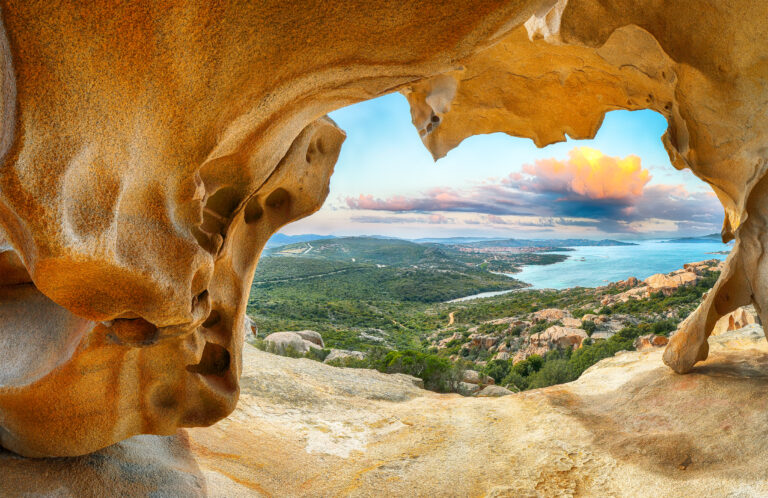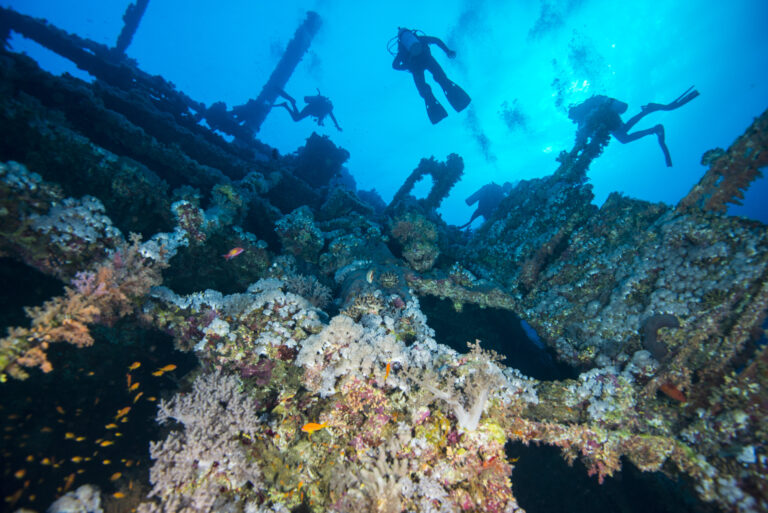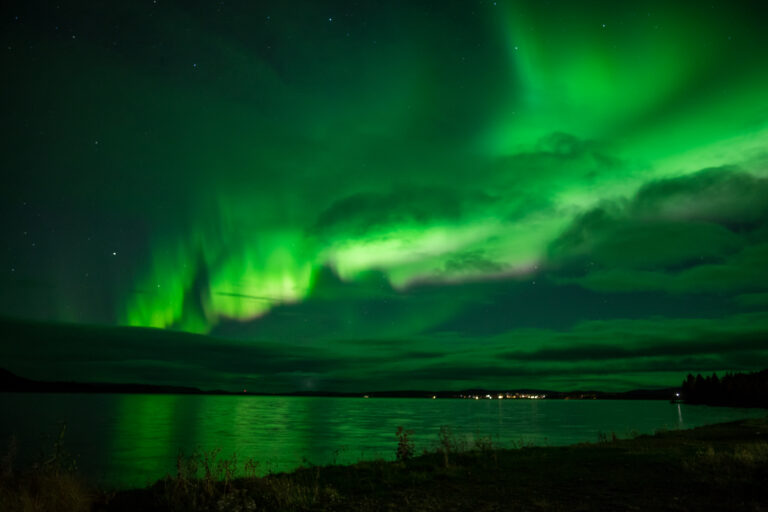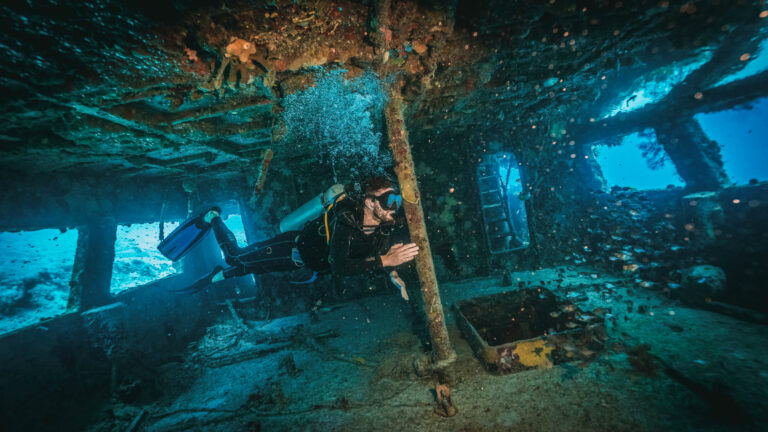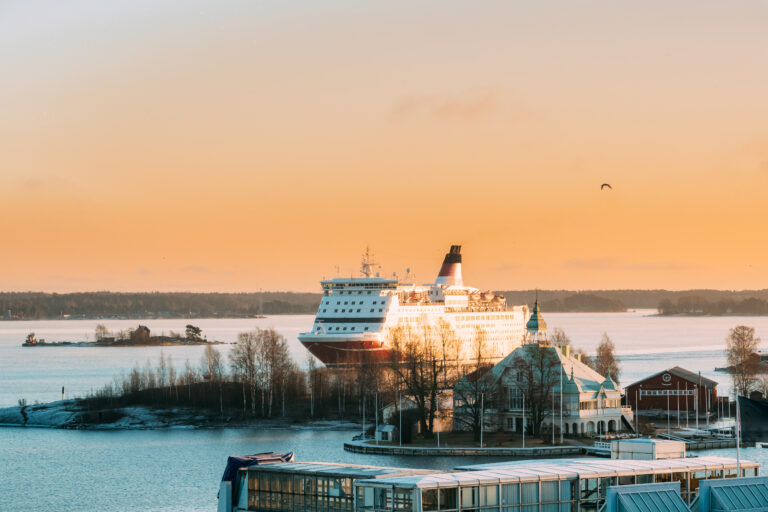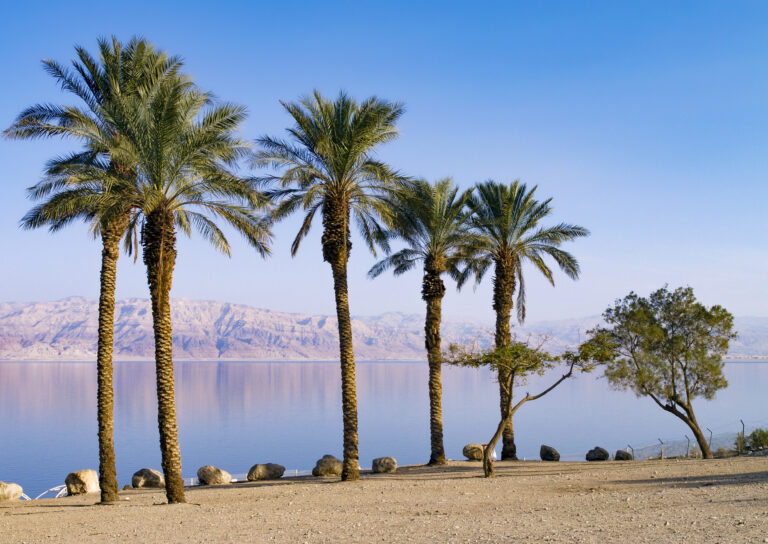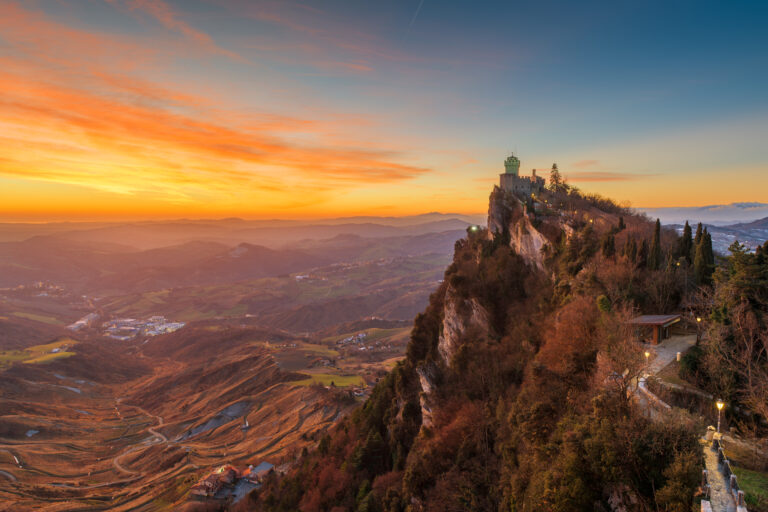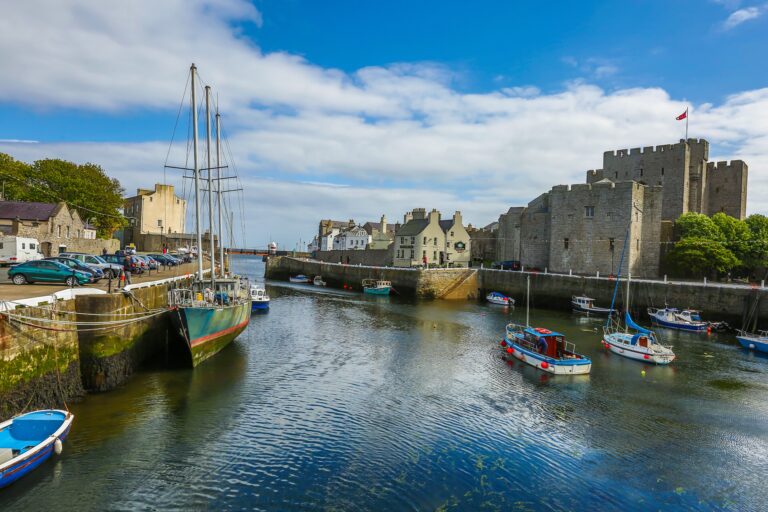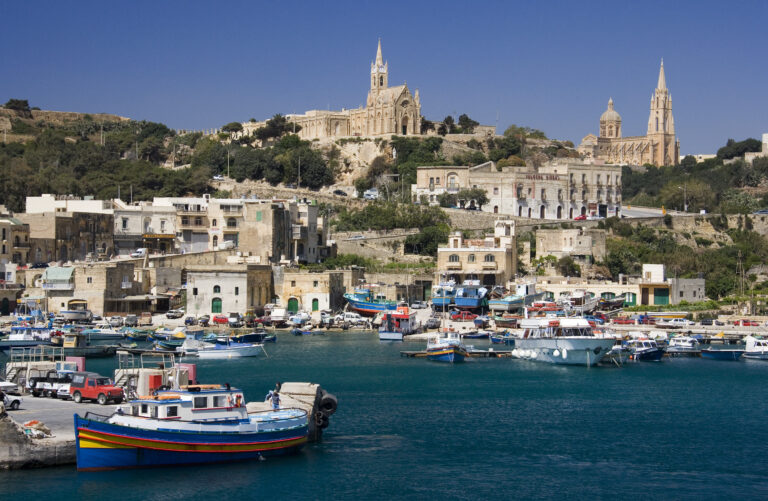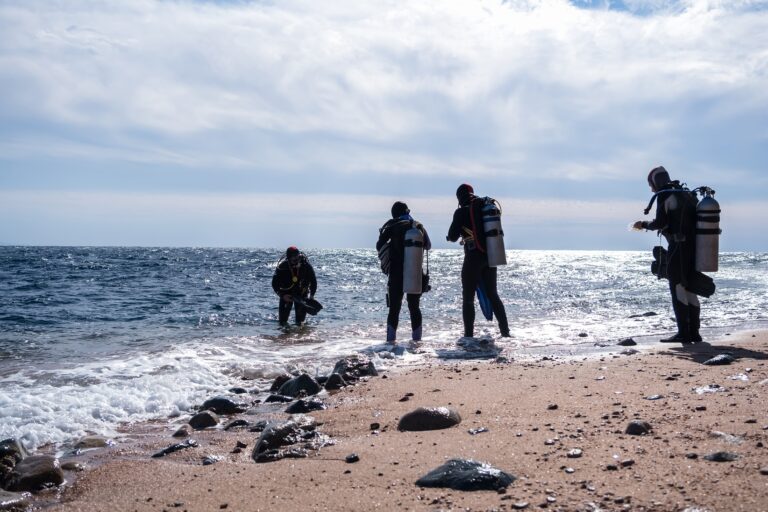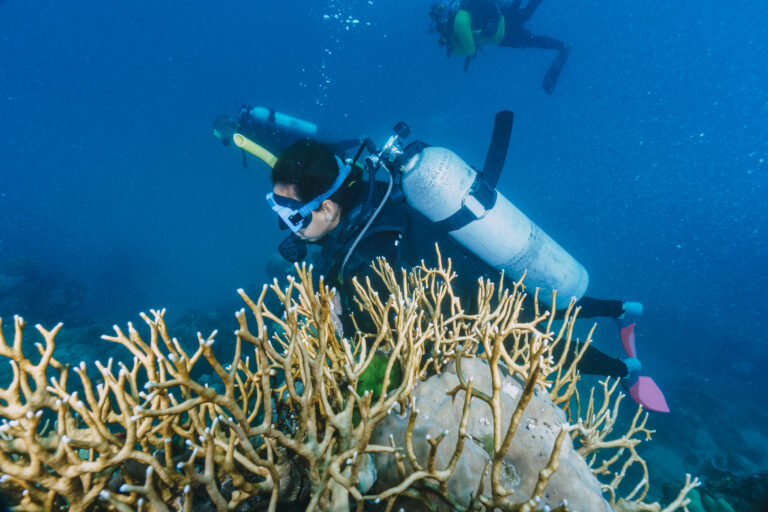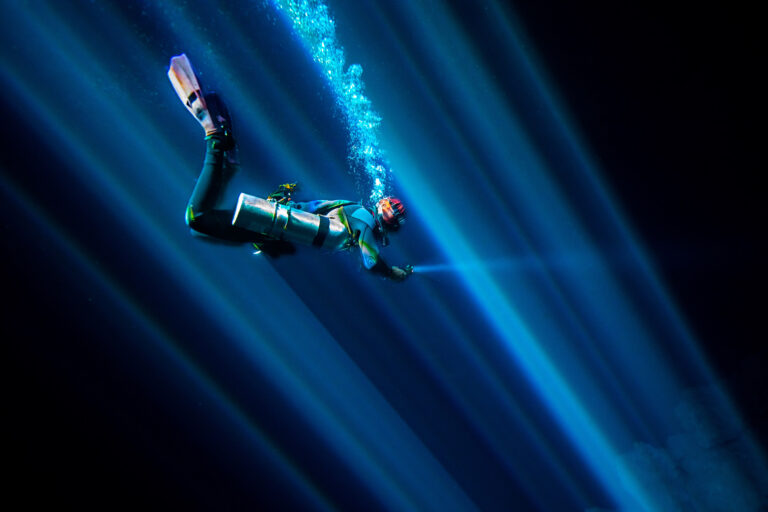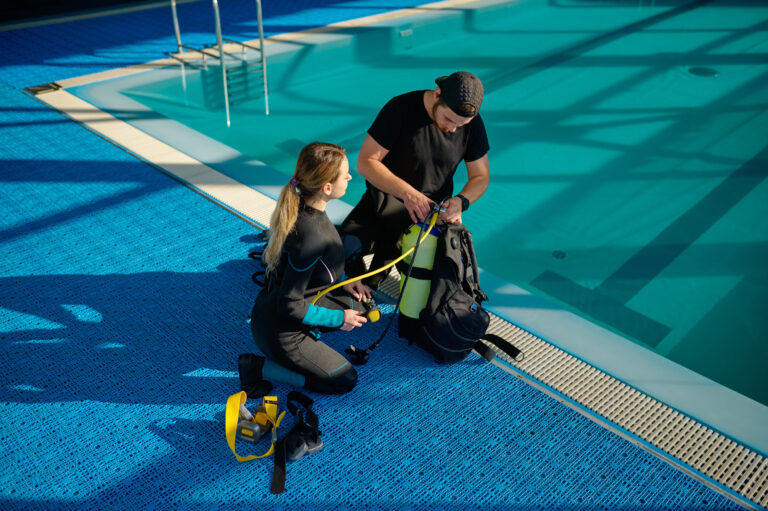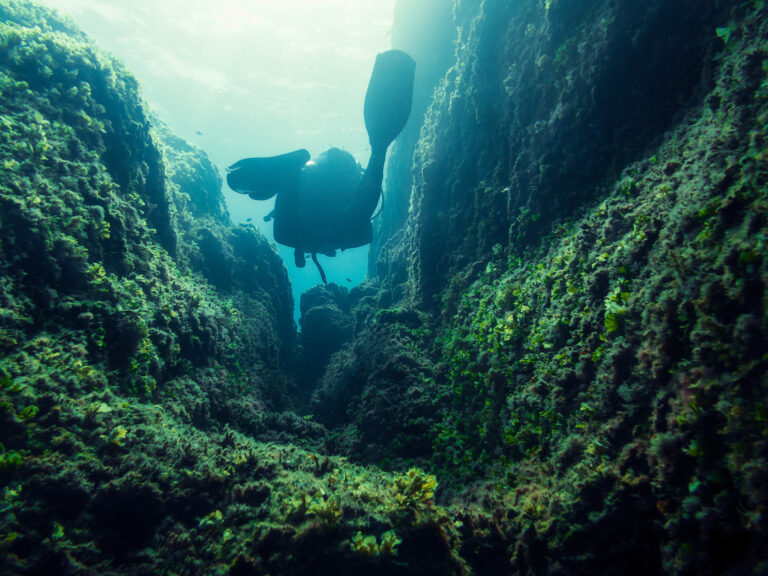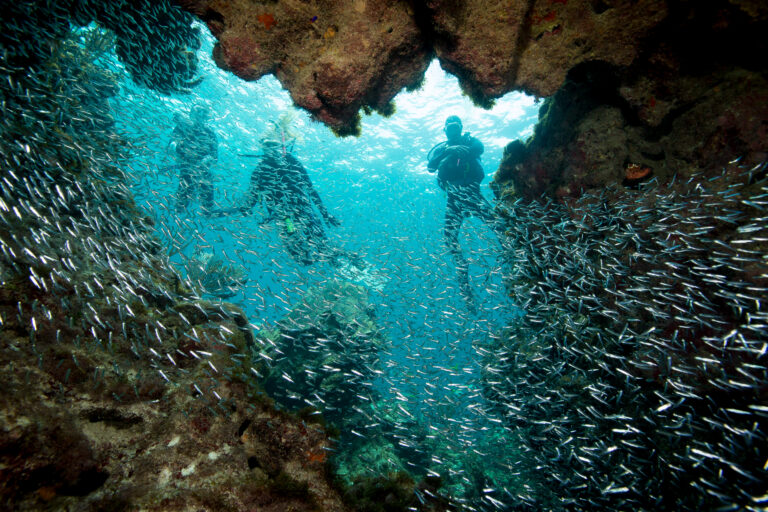SCUBA DIVERS’ TRAVEL GUIDE TO South Africa
South Africa is a land of contrasts, where the wild meets the civilized, where the ancient meets the modern, and where the Atlantic meets the Indian ocean. It is a country that offers a rich diversity of experiences for scuba divers, from exploring the colorful reefs and wrecks of the coast, to encountering the majestic sharks and whales of the deep. Whether you are looking for adventure, culture, or relaxation, South Africa has something for you. Scuba diving in South Africa is not only a way to enjoy the beauty of nature, but also a way to learn about the history and culture of this fascinating country. You can dive with the locals, visit historical sites, and sample the delicious cuisine and wine. South Africa is a destination that will surprise and delight you, and make you want to come back for more.
LOCATION AND GEOGRAPHY
South Africa, located at the southernmost tip of the African continent, is a scuba diver’s paradise, offering a unique blend of geographical diversity and marine life. Bordered by the vast Atlantic Ocean on the west and the warm Indian Ocean on the east, the country’s extensive coastline stretches over 2,500 kilometers, creating a rich tapestry of underwater environments. The meeting of the Benguela and Agulhas currents fosters a remarkable mix of tropical and temperate marine species. Divers can explore the lush kelp forests off the Cape Peninsula, the coral reefs of the iSimangaliso Wetland Park—a UNESCO World Heritage site on the east coast—and the famed sardine run along the Wild Coast. The dramatic underwater topography includes everything from rocky shores and sandy flats to deep ocean trenches, providing a variety of dive experiences for both novice and experienced divers. South Africa’s geographical positioning not only offers a wide range of diving conditions but also seasonal encounters with majestic creatures such as great white sharks, ragged-tooth sharks, and humpback whales, making it a year-round destination for underwater adventurers.
VISA AND ENTRY REQUIREMENTS
Before embarking on your underwater adventure to South Africa’s vibrant coral reefs and captivating shipwrecks, it is essential to ensure that your travel documents are in order. Most travelers will require a visa to enter South Africa, which can be obtained from a South African embassy or consulate in your home country. However, many nationalities are exempt from visa requirements for stays of up to 90 days, including citizens of the United States, the United Kingdom, the European Union, and several other countries. It is crucial to check the latest visa requirements well in advance of your trip, as policies can change. Upon arrival, you must present a passport valid for no less than 30 days after the end of your visit, and it must have at least two blank pages for entry stamps. Additionally, if you are traveling with minors, be aware that South Africa has stringent requirements for traveling with children under the age of 18, including carrying unabridged birth certificates and, in some cases, consent from both parents. Always consult the latest travel advisories and the Department of Home Affairs of South Africa for the most current entry requirements to ensure a smooth start to your scuba diving journey.
GETTING TO South Africa
Getting to South Africa for an unforgettable scuba diving adventure is a journey that promises to be as exciting as the underwater experiences awaiting you. Major international airlines offer direct flights to South Africa’s key cities, such as Johannesburg and Cape Town, from various global hubs. Upon arrival, domestic flights, car rentals, and bus services are readily available to whisk you away to the country’s renowned diving spots, including the vibrant coral reefs of Sodwana Bay in KwaZulu-Natal, the sardine run off the Wild Coast, or the famous shark dives in Gansbaai. For those seeking the wonders of the Two Oceans Aquarium in Cape Town or the historic shipwrecks off the coast of the Western Cape, the well-connected transportation network makes it easy to plan your route. Whether you’re arriving from a distant continent or a neighboring African country, South Africa’s advanced infrastructure and welcoming spirit make it an accessible and enticing destination for divers of all levels.
BEST TIME TO DIVE
The best time to scuba dive in South Africa largely depends on the specific region and the marine life you wish to encounter. For diving with the famous sardine run and the associated predatory frenzy, the optimal period is from May to July, particularly along the Wild Coast and KwaZulu-Natal. If you’re drawn to the Western Cape, the summer months from November to February offer the best conditions, with warmer waters and better visibility, ideal for exploring the kelp forests and spotting the Seven Gill cow sharks around Cape Town. However, for those brave enough to face the chillier waters, diving during the winter months can mean fewer crowds and the chance to see the majestic Great White sharks, especially in the Gansbaai area. Divers seeking the tropical waters of the Indian Ocean will find that the northeastern coast near Sodwana Bay is delightful year-round, with the warmer months from September to May being particularly vibrant for coral reef diving and spotting whale sharks and manta rays. Always consider the local weather patterns and sea conditions, as they can significantly affect visibility and the overall diving experience.
ACCOMMODATION OPTIONS
South Africa’s scuba diving destinations offer a diverse array of accommodation options to suit every traveler’s needs and budget. From the vibrant coral reefs of Sodwana Bay to the historic shipwrecks off the coast of Cape Town, divers can choose from luxurious beachfront resorts, eco-friendly lodges, and charming guesthouses that cater specifically to divers with gear wash stations and secure equipment storage. In the bustling hub of Durban, high-rise hotels with stunning ocean views provide easy access to the city’s dive shops and the Aliwal Shoal reef. For a more secluded experience, the Eastern Cape’s Wild Coast boasts rustic, yet comfortable, dive-centric cottages nestled in untouched coastal forests. Whether you’re looking for a full-service dive resort with on-site PADI certification courses or a cozy backpacker’s hostel that organizes group dive excursions, South Africa’s warm hospitality and extensive facilities ensure that your underwater adventures are complemented by a pleasant and convenient stay above the waves.
DIVE OPERATORS AND DIVE SHOPS
In the vibrant waters off South Africa’s coast, dive operators and shops are your gateway to an underwater world teeming with life, from the kelp forests of the Cape to the tropical reefs of KwaZulu-Natal. These establishments, often staffed by passionate and experienced professionals, offer a range of services tailored to both novice and seasoned divers, including PADI and SSI certifications, gear rentals, and guided dive excursions. South African dive shops are known for their commitment to safety and conservation, ensuring that your subaquatic adventure not only thrills but also respects the marine environment. Whether you’re looking to encounter the sardine run, explore historic shipwrecks, or dive with sharks in the famous Protea Banks, local operators provide invaluable insights and access to the best dive spots. With their intimate knowledge of the local seas, currents, and weather conditions, these dive experts are instrumental in crafting unforgettable underwater experiences that highlight the rich biodiversity and unique marine landscapes of South Africa.
TRANSPORTATION WITHIN South Africa
In South Africa, transportation options for scuba divers are as diverse as the marine life awaiting beneath its waves. For those looking to explore the renowned dive sites scattered along the extensive coastline, renting a car is often the most convenient choice, offering the freedom to visit remote locations like Sodwana Bay or the sardine-run hotspots of the Wild Coast at your own pace. The country’s well-maintained roads and scenic routes, such as the famous Garden Route, make for an enjoyable drive. For longer distances, domestic flights connect major cities to coastal towns, with shuttle services and dive operators frequently providing transfers to dive sites. In popular dive areas like Cape Town and Durban, public transport options such as buses and taxis are available, though less flexible. Always remember to secure your gear during transit and consider the proximity of your accommodation to the dive sites when planning your transportation to ensure seamless underwater adventures in South Africa’s aquatic wonderland.
CURRENCY AND PAYMENT METHODS
In South Africa, the official currency is the South African Rand (ZAR), which is widely accepted throughout the country, including in popular scuba diving destinations such as Sodwana Bay, Aliwal Shoal, and the Cape Peninsula. Credit and debit cards, particularly Visa and MasterCard, are commonly accepted in urban areas, dive centers, and resorts. However, it’s advisable to carry some cash for transactions in remote areas or with small local businesses that may not have card facilities. ATMs are readily available in cities and towns, but less so in off-the-beaten-path dive locations. It’s also worth noting that while tipping is customary in South Africa, it is not always included in the service fee, so having small denominations of Rand can be handy for gratuities. Divers should also be aware of potential foreign transaction fees and inform their bank of travel plans to avoid any card issues while abroad. For the best exchange rates, consider exchanging currency at banks or authorized forex traders rather than at the airport or hotels.
LANGUAGE AND COMMUNICATION
When embarking on a scuba diving adventure in South Africa, it’s important to note that while English is widely spoken and is the primary language used in the diving industry, the country boasts a rich tapestry of 11 official languages, including Afrikaans, Zulu, and Xhosa. Dive operators and guides are typically fluent in English and often possess a working knowledge of additional languages, ensuring clear communication with divers from around the globe. Hand signals remain the universal mode of underwater communication, transcending language barriers and ensuring safety and coordination among divers. It’s also beneficial to familiarize yourself with basic diving terms and local phrases in English or the predominant language of the region you’re visiting, as this can enhance your interaction with local dive staff and enrich your cultural experience. Whether you’re discussing dive conditions, equipment needs, or sharing stories of your underwater encounters, effective communication is key to a successful and enjoyable South African diving expedition.
LOCAL CULTURE AND ATTRACTIONS
South Africa, a land of breathtaking contrasts and diverse cultures, offers scuba divers not only exceptional underwater experiences but also a rich tapestry of onshore attractions. After exploring the vibrant marine life of the Indian or Atlantic Oceans, divers can immerse themselves in the local culture by visiting bustling markets like the Neighbourgoods Market in Johannesburg or the Old Biscuit Mill in Cape Town, where the air is fragrant with the aromas of local dishes and the sounds of African jazz and kwaito music. History enthusiasts can delve into the country’s poignant past at the Apartheid Museum or by taking a ferry to Robben Island, where Nelson Mandela was imprisoned. For a more serene experience, the rolling vineyards of the Cape Winelands beckon with their world-class wines and picturesque landscapes. Wildlife lovers are in for a treat with the iconic safari adventures in Kruger National Park, where the Big Five roam free. From the colorful Zulu beadwork and Xhosa huts to the warm hospitality of the local people, South Africa’s cultural heritage is as captivating as its underwater wonders.
CULTURAL ETIQUETTE AND TIPS
When scuba diving in South Africa, it’s important to approach the experience with cultural sensitivity and awareness. South Africans are known for their warm hospitality and diverse cultural heritage, but it’s courteous to familiarize yourself with a few local customs. Greet dive operators and local community members with a friendly “hello” in one of the 11 official languages—perhaps a simple “Sawubona” in Zulu or “Molo” in Xhosa. Show respect for the environment by adhering to eco-friendly diving practices; this not only aligns with local conservation efforts but is also deeply appreciated by South Africans who take pride in their natural heritage. When engaging with local communities, especially in rural coastal areas, be mindful of local traditions and seek permission before taking photographs of people or their property. Tipping is customary in South Africa, so be prepared to tip your dive guides and boat crew around 10-15% for good service. Lastly, immerse yourself in the local scene by trying some traditional South African cuisine at a nearby ‘braai’ (barbecue) or seafood restaurant, and take the time to learn from the stories and experiences shared by your hosts and fellow divers.
LOCAL LAWS AND REGULATIONS RELEVANT TO TOURISTS
When planning a scuba diving trip to South Africa, it is crucial to familiarize yourself with local laws and regulations to ensure a safe and lawful experience. South Africa is known for its rich marine biodiversity and has established several Marine Protected Areas (MPAs) where activities are strictly regulated. Divers must obtain permits to enter these zones, and activities such as fishing, collecting shells, or disturbing wildlife are often prohibited. It’s also important to note that the use of baited shark dives is regulated, and chumming in certain areas is illegal to protect both sharks and divers. Additionally, South Africa enforces strict equipment standards, and divers must ensure their gear is compliant with the South African Bureau of Standards (SABS). Always dive with a certified local operator who is familiar with the specific regulations of the dive sites. Lastly, be aware that some areas may have unique rules, such as those around the famous sardine run or the shipwrecks off the coast, so always check for site-specific regulations before diving in.
SAFETY TIPS AND EMERGENCY CONTACTS
When diving in South Africa’s rich and diverse waters, safety must be your paramount concern. Always dive within your certification limits and ensure that your equipment is serviced and suitable for the conditions. Due to the strong currents and the presence of potentially dangerous marine life, such as sharks and jellyfish, it’s crucial to listen to local dive briefings and adhere to dive master instructions. Be aware of the symptoms of decompression sickness and avoid flying for at least 24 hours after your last dive. In case of an emergency, familiarize yourself with the location of the nearest recompression chamber, which can be found in cities like Durban, Cape Town, and Pretoria. Keep the emergency contact numbers for the local coast guard and DAN (Divers Alert Network) Southern Africa (+27 828 10 60 10) readily accessible. DAN provides evacuation, medical assistance, and advice in diving-related emergencies. Additionally, ensure that you have appropriate insurance that covers scuba diving activities. By following these safety tips and having emergency contacts on hand, you can enjoy South Africa’s underwater marvels with peace of mind.
HEALTH AND TRAVEL INSURANCE
When planning a scuba diving trip to South Africa, it is crucial to consider health and travel insurance that covers diving-specific incidents. South Africa’s underwater wonders, from the sardine run off the Wild Coast to the shark dives in Gansbaai, offer thrilling experiences, but they also come with inherent risks. Ensure your insurance policy includes coverage for potential diving accidents, hyperbaric treatment, and medical evacuation, as access to recompression chambers may require transportation from remote dive sites. Additionally, given the country’s diverse environment, it’s wise to have a policy that covers other adventure activities you might engage in, as well as protection against travel disruptions or cancellations. Verify that your insurance provides sufficient healthcare coverage for the duration of your stay, as private medical facilities in South Africa offer the highest standard of care but can be expensive without adequate insurance. Always carry proof of your insurance and emergency contact numbers with you, and consider enrolling in DAN (Divers Alert Network) for specialized diving assistance services. By securing comprehensive health and travel insurance, you can explore South Africa’s underwater marvels with peace of mind, knowing you’re well-protected against unforeseen circumstances.

